On July 4, 1864 the Richmond Daily Dispatch published an editorial ridiculing the United States Navy:
The United States Navy.
The Navy of the United States has had an inglorious part to play in this war. It was once the pride of the nation. The Army was jealous of its glory, and had reason to be. …
“How are the mighty fallen.” How has the glory departed! What has become of the ancient prestige and renown of the American sea kings? Departed forever!–Gone with the Confederates; gone with Semmes, Moffitt, and others, who are the only representatives of its ancient supremacy. The broad ocean is no longer the theatre of the United States Navy. It is rarely seen a dozen miles from shore. It prow[l]s about muddy rivers and narrow bayous; it bombards country villages and defenceless farm houses; it steals sheep, negroes, and chickens. Whereas it used to turn up its nose in supreme contempt at the army, it is now the army’s body servant; it follows its master like his shadow, and fetches and carries, fights and runs, as he directs. It is at the back and call of militia Generals, and plays second fiddle to pot-house politicians, dressed up in uniform and strutting about in the grandeur of a little brief authority. Nor does it seem to deserve any better fate. Augmented to a number of ships which would fit it to cope with any European power, and provided with engines of war such as the world had never before seen, it has never performed one achievement during the whole of this contest which has added a single laurel to the clustering glories of the old service. The seventy ships of the old Navy were respected throughout the world. The four hundred ships of the new have not been able to drive the Alabama and Florida from the ocean. They have had to beg their old English enemy not to build any more ships for the rebels, for two against four hundred were more than they could manage. They have even tried to have ships built in England to catch the Alabama and the Florida. What a confession of weakness! What object humiliation. It is enough to make the hones of the great Commodores of 1812 rise from their graves. Verily, England has had her revenge, and may well chuckle over their tribulations.
A week later the Dispatch published news from Europe that the much vaunted CSS Alabama had been sunk by the USS Kearsarge 150 years ago today. Part of the report was said to be a log from the British ship that observed the fight and picked up the Alabama’s survivors. From the Richmond Daily Dispatch July 11, 1864:
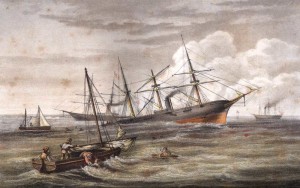
Later from Europe.
the Alabama sunk by the Kearsage — escape of Capt. Semmes–Full accounts of the fight …
Account of the fight between the Alabama and Kearsage.
To the Editor of the London Times:
Herewith I send you a copy of my log respecting the engagement between the Confederate shipsteamer Alabama and the Federal shipsteamer Kearsage:
Sunday, June 19,9 A. M.–Got up steam and proceeded out of Cherbourg harbor 10.30–observed the Alabama steaming out of the harbor towards the Federal shipsteamer Kearsage. 11.30–the Alabama commenced firing with her starboard battery, the distance between the contending vessels being about one mile. The Kearsage immediately replied with her starboard guns; a very sharp, spirited firing was then kept up, shot sometimes being varied by shells. In the manÅuvring both vessels made seven complete circles at a distance of from a quarter to half a mile.
At twelve a slight intermission was observed in the Alabama’s firing, the Alabama making head sail, and shaping her course for the land distant about nine miles. At half-past 12 observed the Alabama to be disabled and in a sinking state. We immediately made towards her, and on passing the Kearsage were requested to assist in saving the Alabama’s crew. At ten minutes to one, when within a distance of two hundred yards, the Alabama sunk. We then lowered our two boats, and, with the assistance of the Alabama’s whale boat and dingy, succeeded in saving about forty men, including Captain Semmes and thirteen officers.–At 1 P. M., we steered for Southampton.
I may state that, before leaving, the Kearsage was apparently much disabled. The Alabama’s loss, so far as at present ascertained, in killed and wounded, &c., was as follows, viz: One officer and one man drowned, six men killed, and one officer and sixteen men wounded. Capt Semmes received a slight wound in the right hand. The Kearsage’s boats were, after some delay, lowered, and, with the assistance of a French pilot-boat, succeeded in picking up the remaining survivors.
John Lancaster.
shipSteam Yacht Deerhound, off Cowes, June 19. …
The Alabama’s flamboyant commander wrote at length about the battle in his memoirs. He was aware of a large crowd gathering on shore to watch the bout and remembered his pre-battle words to his men. From Memoirs of Service Afloat, During the War Between the States (1869) (pages 755-756) by Raphael Semmes:
The day being Sunday, and the weather fine, a large concourse of people—many having come all the way from Paris—collected on the heights above the town, in the upper stories of such of the houses as commanded a view of the sea, and on the walls and fortifications of the harbor. Several French luggers employed as pilot-boats went out, and also an English steam-yacht, called the Deerhound. …
As we were approaching the enemy’s ship, I caused the crew to be sent aft, within convenient reach of my voice, and mounting a gun-carriage, delivered them the following brief address. I had not spoken to them in this formal way since I had addressed them on the memorable occasion of commissioning the ship.
“Officers and Seamen of the Alabama!—You have, at length, another opportunity of meeting the enemy—the first that has been presented to you, since you sank the Hatteras! In the meantime, you have been all over the world, and it is not too much to say, that you have destroyed, and driven for protection under neutral flags, one half of the enemy’s commerce, which, at the beginning of the war, covered every sea. This is an achievement of which you may well be proud; and a grateful country will not be unmindful of it. The name of your ship has become a household word wherever civilization extends. Shall that name be tarnished by defeat? The thing is impossible! Remember that you are in the English Channel, the theatre of so much of the naval glory of our race, and that the eyes of all Europe are at this moment, upon you. The flag that floats over you is that of a young Republic, who bids defiance to her enemies, whenever, and wherever found. Show the world that you know how to uphold it! Go to your quarters.”
John Ancrum Winslow commanded the Kearsarge during the battle. And there is much information about the battle and lots of images at these United States Navy and Wikipedia sites.

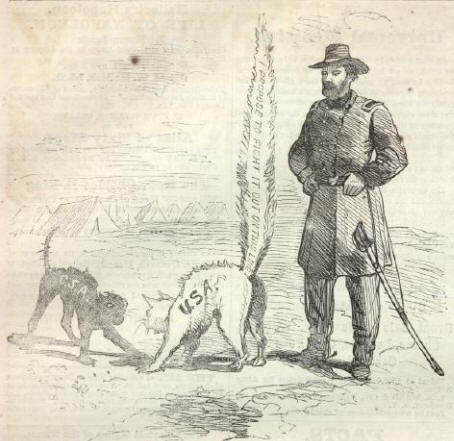
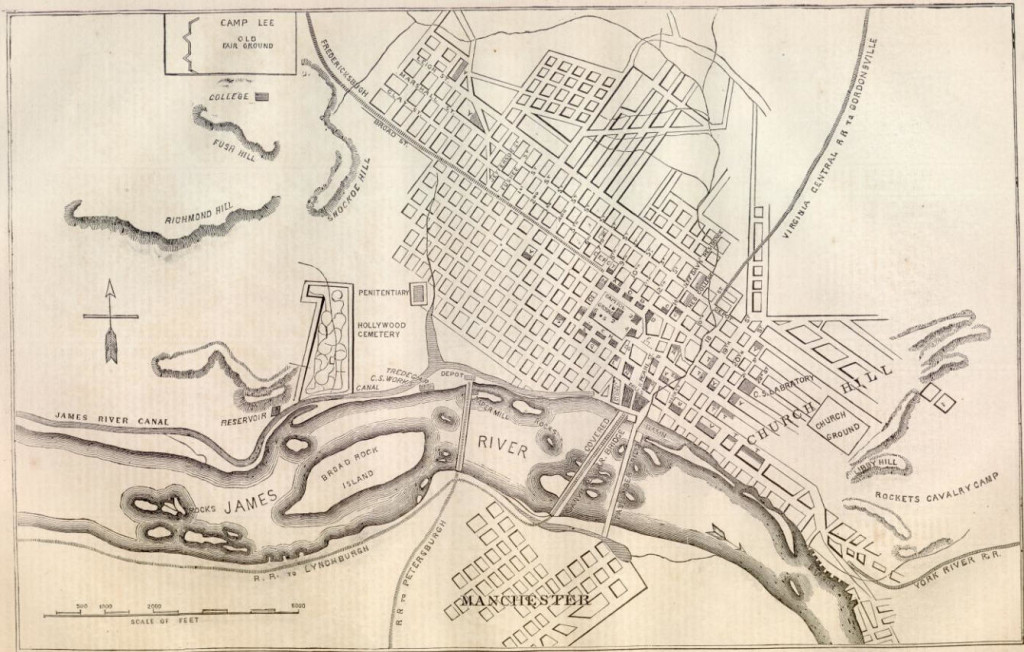
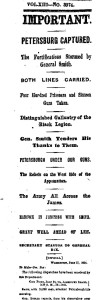
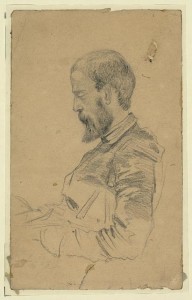


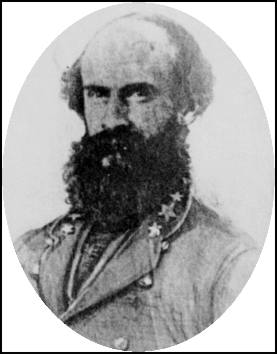
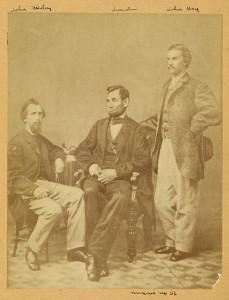
![Battle of Spottsylvania [sic ( [Boston] : L. Prang & Co., 1887.)](https://www.bluegrayreview.com/wp-content/uploads/2014/06/04038r-300x217.jpg)
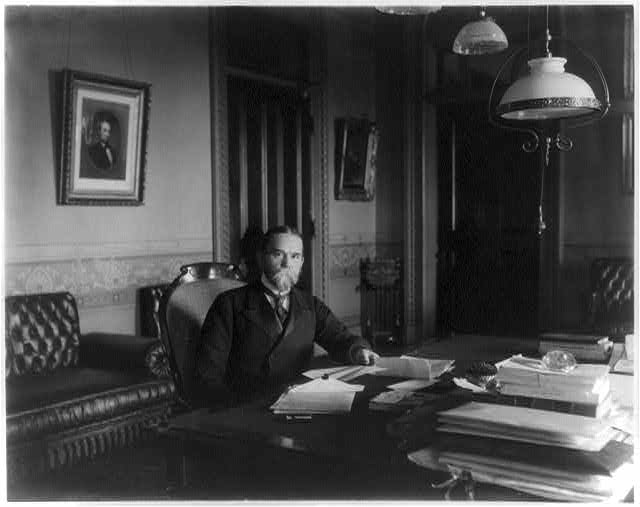

![Great Central Fair for the Sanitary Commis[sion] ( [Philadelphia] : P.S. Duval & Co. ; 1864; LOC: LC-DIG-ds-00296)](https://www.bluegrayreview.com/wp-content/uploads/2014/06/00296r-231x300.jpg)
![[Great Central Sanitary fair buildings, Logan Square, Philadelphia]](https://www.bluegrayreview.com/wp-content/uploads/2014/06/10908r.jpg)
![The great sanitary fair, Philadelphia, 1864 - dining saloon ( Philadelphia : Cremer & Co., 18 South Eighth St., [1864]; LOC: LC-DIG-ppmsca-07622)](https://www.bluegrayreview.com/wp-content/uploads/2014/06/07622r.jpg)
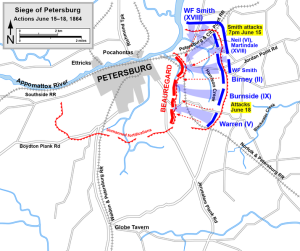
![The struggle of Petersburg. The lines of rebel intrenchments carried by our troops. [June 15-17,1864]. (LOC: http://www.loc.gov/item/99448482/)](https://www.bluegrayreview.com/wp-content/uploads/2014/06/Petersburg-138x300.jpg)
![Outer line of Confederate fortifications, in front of Petersburg, Va. captured by 18th Army Corps, June 15, 1864 (1864 June [printed between 1880 and 1889]; LOC: LC-DIG-ppmsca-32439)](https://www.bluegrayreview.com/wp-content/uploads/2014/06/32439r.jpg)